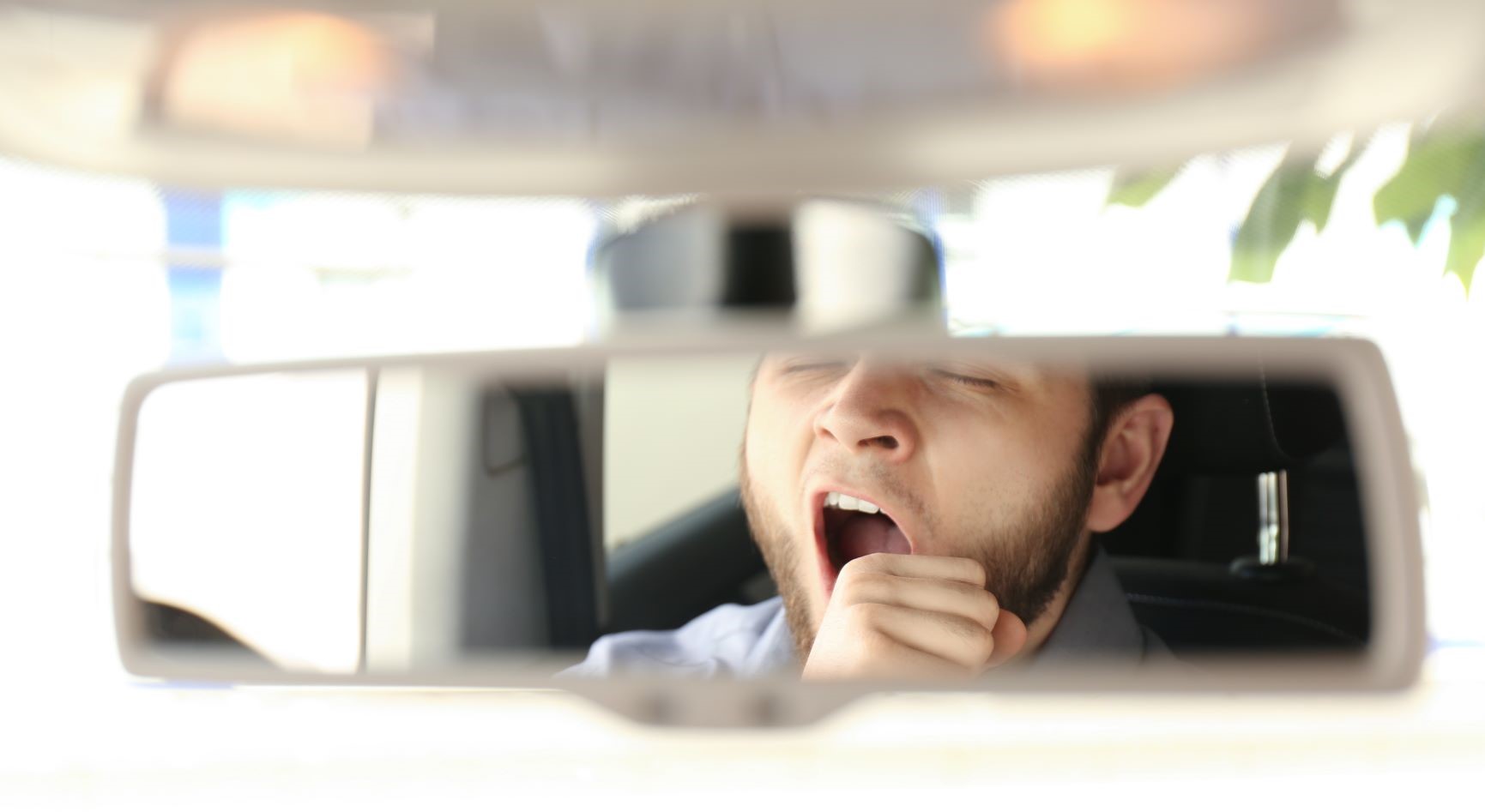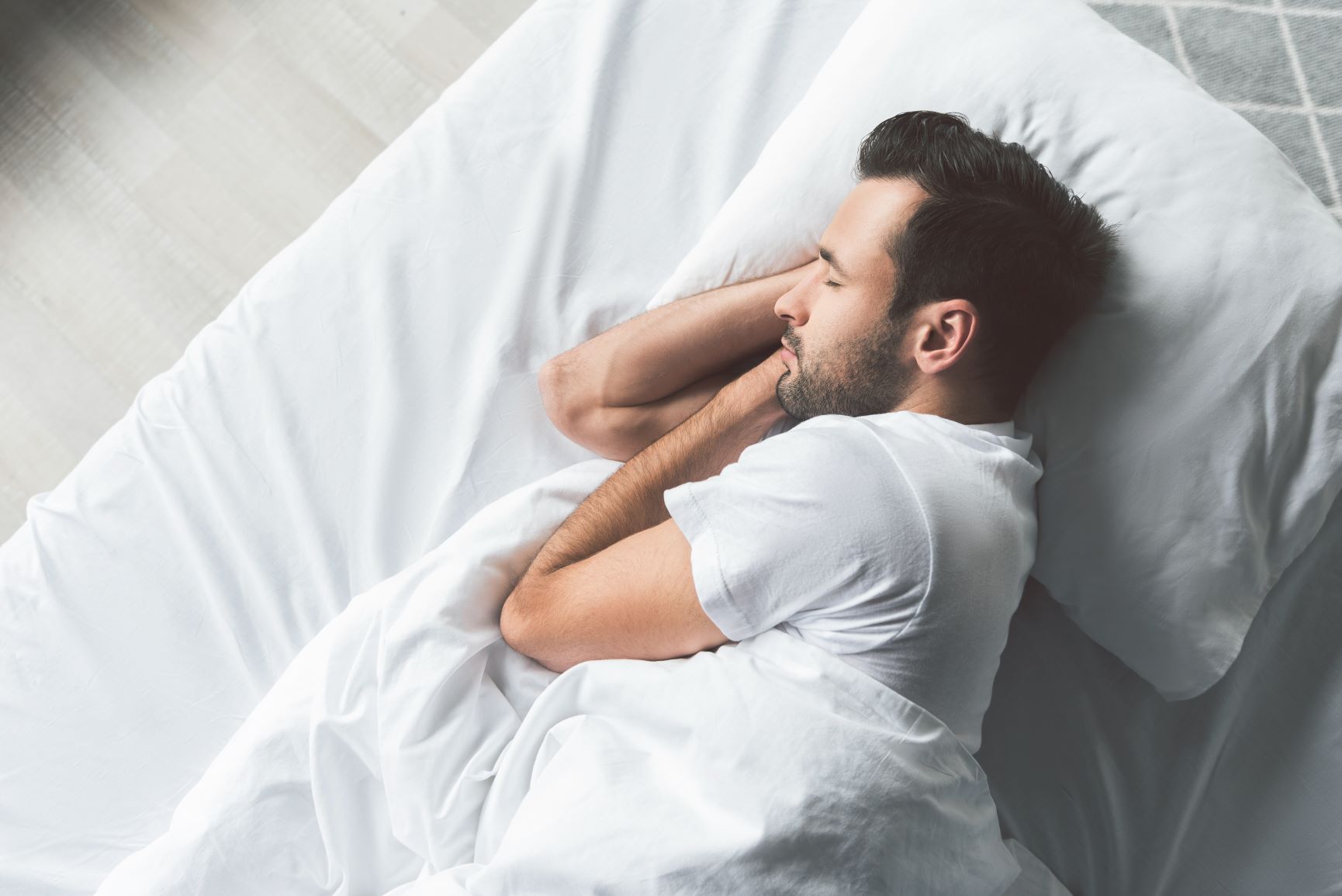As we age and our bodies continue to change, so too does the way we sleep. And while that can be good news for some, it can be a waking nightmare for those who develop sleep disorders.
Fortunately, there has been a lot of research done on how sleep disorders affect all types of people, and it’s even been broken down by gender. For example, women are more likely to experience restless leg syndrome and insomnia. And even though sleep disorders affect more women than men, men are still prone to their own set of unique sleep issues.
-
Obstructive sleep apnea. We’ve all heard women joke about how loud their husband’s snoring is, but sometimes it can be more serious than that. Obstructive sleep apnea happens when tissue in the back of your throat closes while you’re sleeping, preventing air from getting to the lungs.
Studies show that obstructive sleep apnea tends to be more common in men, and this is due to factors like age, weight, hormones and more. Sleep apnea sometimes sounds similar to snoring, but it can be dangerous if untreated. Aside from keeping a man awake at night, leaving them groggy and tired the next day, sleep apnea can also lead to heart or lung disease, high blood pressure and diabetes.
- Narcolepsy. On the other end of the spectrum from delayed sleep phase syndrome is narcolepsy, a sleep disorder that can make a person suddenly fall asleep anywhere at any time. Scientists have determined that the sleep disorder is more common in men than women, and that onset of narcoleptic symptoms tend to develop when a man is in his early 20s.

Without treatment, narcolepsy can be hard to tackle. And the dangers of narcolepsy are pretty clear -- falling asleep while driving or operating heavy machinery, falling asleep in a public place by yourself, etc. Take this disorder seriously, just remember not to confuse it with the typical male habit of falling asleep in a recliner chair at 8 p.m. while watching baseball. -
Testosterone Deficiency. When men reach the age of 40, their testosterone levels often start to decline, which can cause a reduction in sleep efficiency and even changes to the stages of sleep that men experience. This lack of sleep can lead to sleep apnea, which can eventually result in insomnia and several other sleep-related problems including fatigue, reduced insulin sensitivity, low human growth hormone levels and high cortisol levels.
And this works in a somewhat cyclic way. Cortisol is the stress hormone, and when men are more stressed their hormone patterns are affected, which could further reduce testosterone production. This could then cause insomnia to become more severe, which can lead to several other sleep issues, continuing the cycle.
-
Delayed Sleep Phase Syndrome. Do you have an unusually difficult time waking up in the morning? If so, you may be experiencing delayed sleep phase syndrome (DSPS) -- a sleep disorder in which a person’s sleep is delayed by two hours or more beyond what is considered a conventional bedtime.
DSPS is most common in adolescents and teenagers, however, it might not actually affect sleep unless you have additional sleep disorders like sleep apnea of insomnia. The main problem is that it makes it hard to wake up in the morning, a problem we all know many teenagers struggle with anyways. Luckily, bright light therapy (using light to shift sleep patterns) and chronotherapy (resetting your circadian rhythm) are two techniques that have been proven to help with this syndrome.
Sleep issues affect everyone differently, and factors like age, weight and hormones cause sleep disorders to present differently in men than they do women. But no matter how they affect a person, we can all agree on the importance of a good night’s sleep.
